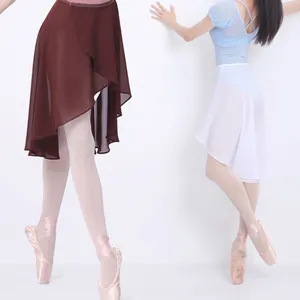
Ballet Dance Skirt Training Dress Adult Women's Casual Long Teacher's Skirt Chiffon Apron Tied Skirts Dancewear For Girl


Plus Size Robe Africaine Femme Longue Kenya Chic Africa Dresses Muslim Women Evening Party Traditional African Clothing Dress








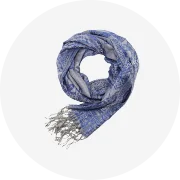


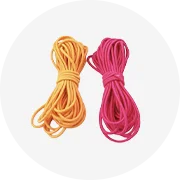




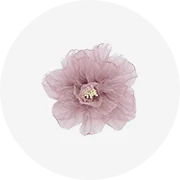



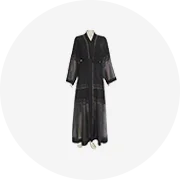
The African traditional lace dress stands as a testament to the rich cultural tapestry of the African continent. This attire is not just a fashion statement but a piece of heritage, often worn on special occasions and ceremonies. The intricate lace patterns and vibrant designs reflect the diverse artistry found across different regions, making each dress unique.
Crafted from materials such as cotton, polyester, and spandex, these dresses offer both comfort and durability. The choice of fabric contributes to the dress's functionality, catering to various climates and personal preferences. The craftsmanship involved in creating an African lace dress is a skill passed down through generations, with each stitch telling a story of tradition and pride.
The range of designs in traditional African lace dresses is vast, with each pattern holding significance. From ceremonial to casual wear, the dresses come in numerous styles, including those tailored for plus-size women. The versatility in design ensures that there is a dress to suit every occasion, be it a wedding, festival, or a formal event.
For those seeking a personalized touch, options for custom-made dresses are available. Suppliers offer services to cater to individual tastes, ensuring that the dress aligns with the wearer's preferences. Availability is also flexible, with ready-to-wear pieces and made-to-order services, providing a wide selection for potential buyers.
The African lace dress is deeply rooted in cultural traditions, often worn as a symbol of status and community identity. Its use extends beyond mere attire, serving as a cultural connector that brings people together during significant events and communal gatherings.
In an era where sustainability is key, the production of African lace dresses often involves ethical practices. Many suppliers focus on creating dresses that not only honor traditional methods but also adhere to responsible manufacturing processes, ensuring minimal environmental impact.